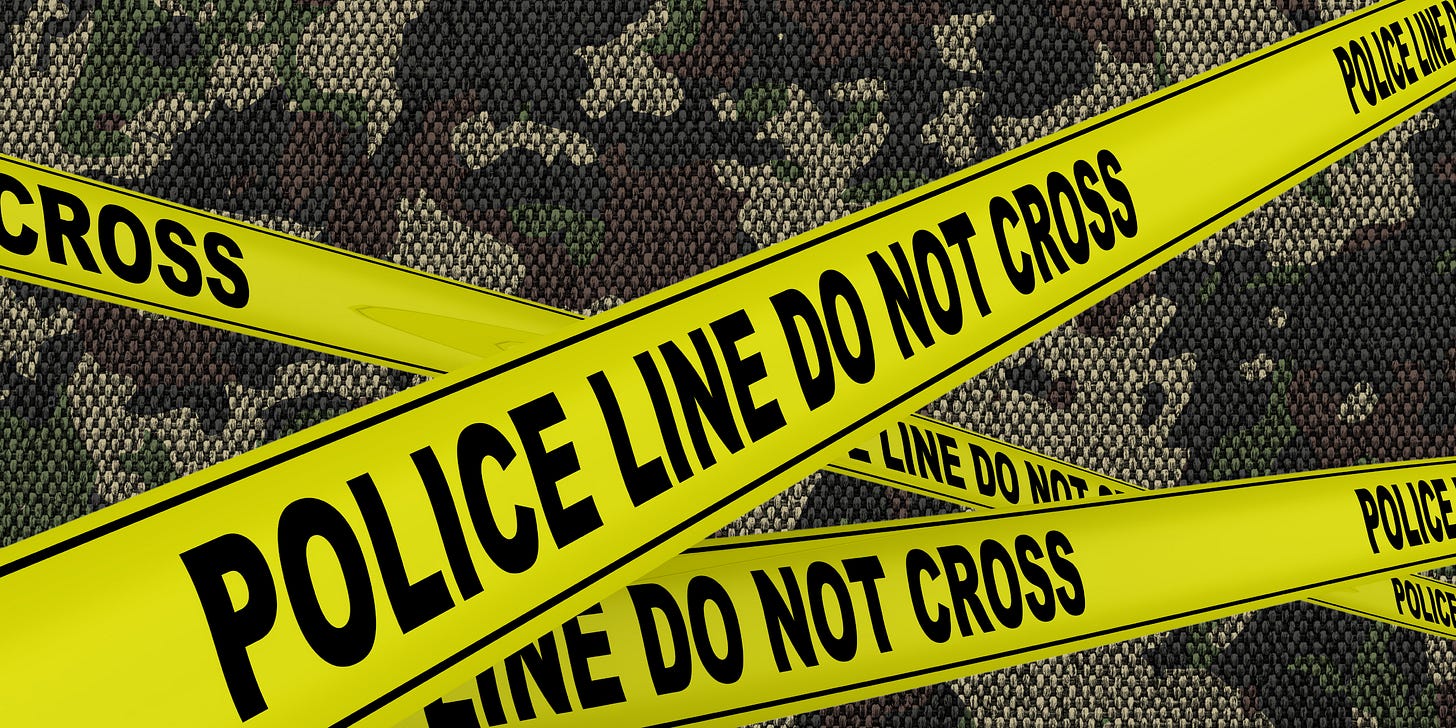What are you walking into? The transition from military to law enforcement involves putting on a different uniform—it involves entering a world that might look familiar but plays by very different rules. Very. Different. Rules.
Command Structure: The Good, The Bad, and The Ugly
Unlike the military's clear-cut chain of command, police departments can be a mixed bag. Some days, you'll work under a sergeant who's got your back, understands your military background, and helps you adapt to civilian law enforcement. On other days, you might deal with supervisors who've never served and might even be intimidated by your experience.
The reality? Your chain of command might not be the supportive structure you're used to. Some supervisors will be proactive, backing you up on calls and sharing their knowledge. Others might stay in the station, only emerging when there's paperwork to critique or a complaint to investigate. You'll need to adapt to both types and everything in between.
Daily Life on the Beat
Your patrol car becomes more than your office – your dining room, report-writing desk, and sometimes your only quiet space to decompress after a tough call. The radio never stops, and that partner you're hoping for? In many departments, you'll be flying solo most of the time.
You'll deal with:
Dispatch sending you from call to call with barely time to finish your reports
Making split-second decisions alone that will be dissected for months by people who weren't there
Writing reports that need to satisfy your sergeant, the prosecutor, defense attorneys, and potentially the media
Working overtime not because you want to, but because that domestic violence arrest came in 30 minutes before shift change
Equipment and Reality Check
Forget about that perfectly maintained gear from the military. You might be dealing with:
Budget constraints that mean using outdated equipment
A patrol car that's got 150,000 miles and makes interesting noises
Department-issued gear that's more about liability protection than functionality
The Real Authority Dynamic
Here's where it gets tricky. Your authority isn't absolute, and the rulebook keeps changing:
Supreme Court decisions can change how you do your job overnight
Your body camera is constantly rolling, and everyone's got a phone camera
The same supervisor who tells you to be proactive might question your judgment when you are
Community Relationships: It's Complicated
You'll see the same faces repeatedly, wearing different hats:
The guy you arrested last week might be your crucial witness tonight
Your best community contact might be related to your frequent flyer problem child
Every interaction builds or burns bridges you'll need to cross later
The key to survival? Understanding that this isn't the military's structured environment. You're stepping into a world where the rules can change daily, support isn't guaranteed, and you'll often make tough calls alone. Your success depends on your tactical skills and ability to navigate department politics, community expectations, and the grey areas that fill most of your shifts.
Your military service has given you a solid foundation for police work. While the day-to-day reality will be different - sometimes tedious, sometimes intense - your ability to stay professional and adapt to changing situations will serve you well. The job has its frustrations, from paperwork to politics, but it also offers real opportunities to make a difference in your community. Your experience with structure, discipline, and working under pressure will help you navigate both the quiet shifts and the critical moments. No, it won't be exactly like the military, but that's okay. You're starting a new chapter of public service, and your previous experience, while valuable, is just the beginning. Take what you learned in the military, adapt it to your new role, and focus on being the kind of officer your community needs.





